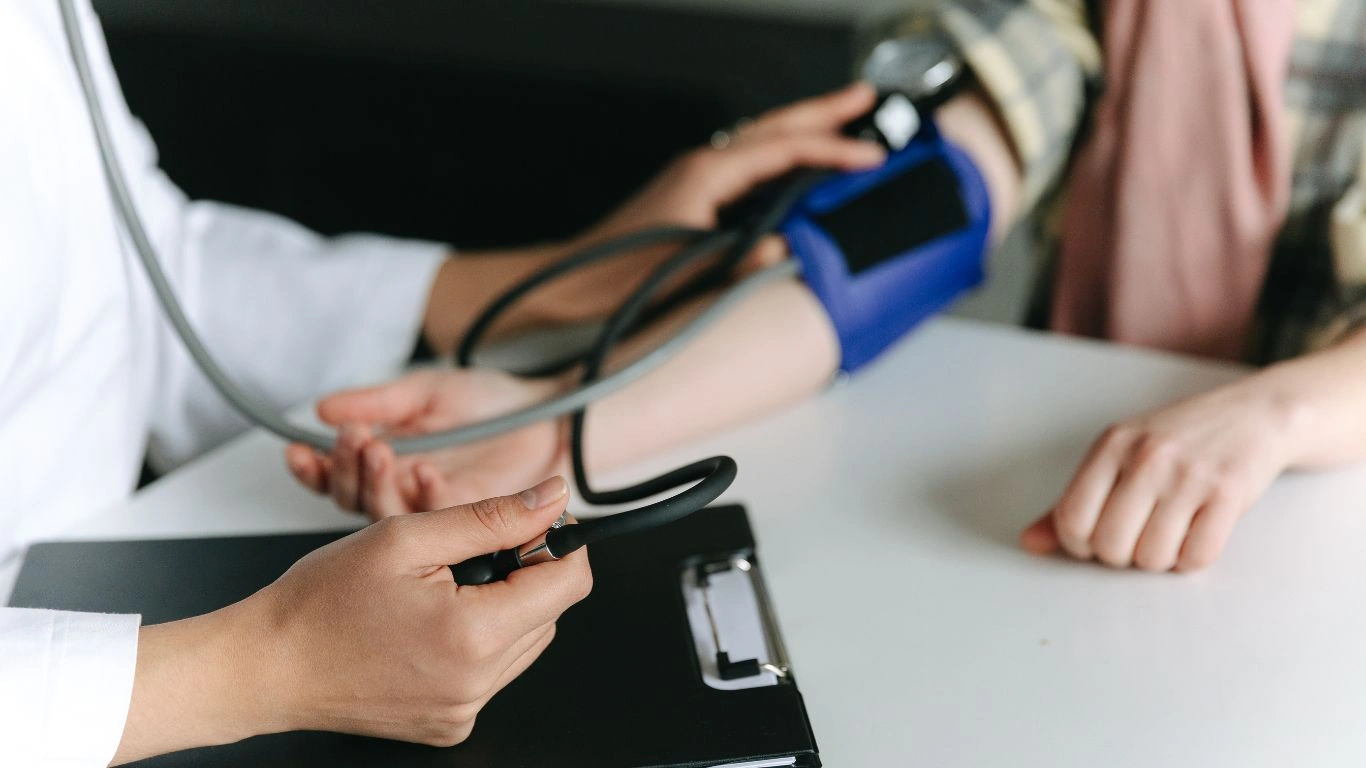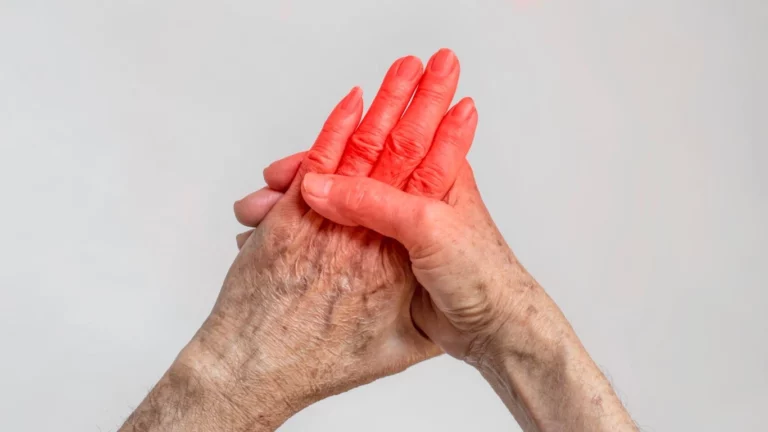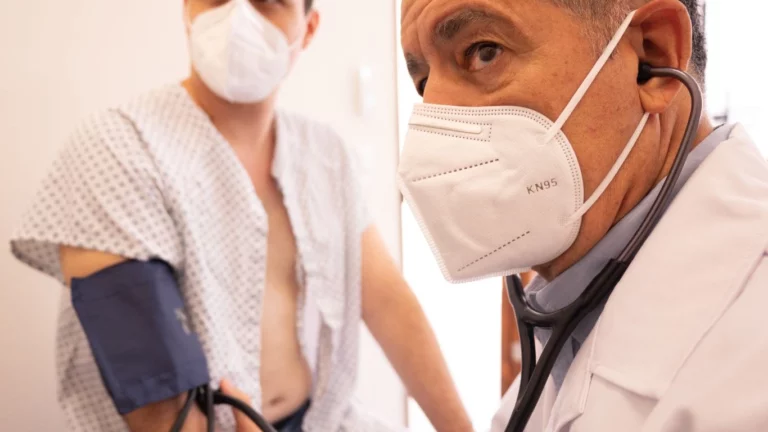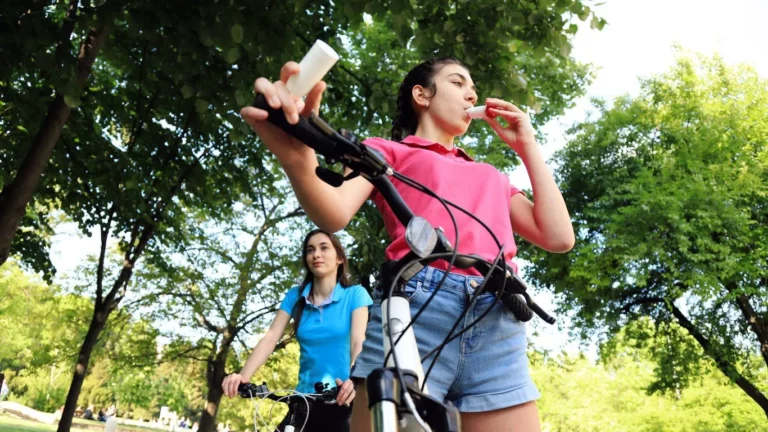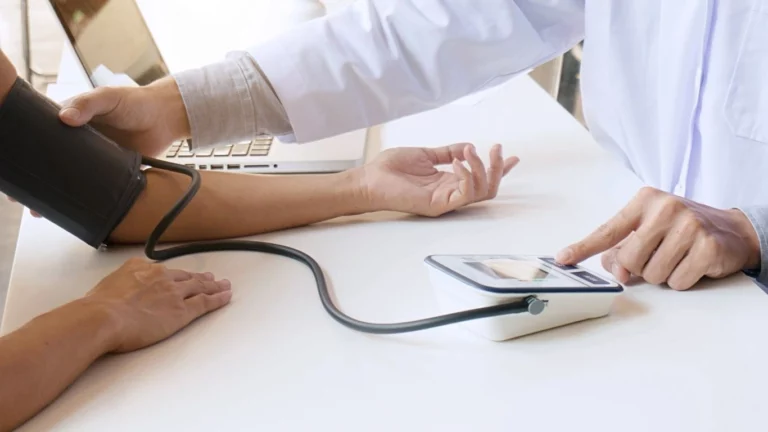Natural Ways to Prevent Hypertension – Simple & Effective Tips to Lower Blood Pressure
Looking for some natural ways to prevent hypertension? You’re in the right place! Hypertension, or high blood pressure, is a common issue, but with the right lifestyle changes, you can keep your blood pressure in check naturally. Let’s dive into the best tips and habits that can help.
Dealing with hypertension isn’t fun, and it can increase the risk of heart disease and stroke if left unchecked. But don’t worry! High blood pressure doesn’t have to take over your life. By adopting healthier habits and making a few changes, you can significantly lower your risk of developing hypertension—or even manage it naturally if you already have it.
Why Hypertension Is a Big Deal
Before we get into the natural remedies, let’s quickly talk about why hypertension is such a concern. It happens when the force of blood against the artery walls is consistently too high. Over time, this can cause damage to your heart, kidneys, and other vital organs.
But don’t panic! High blood pressure doesn’t have to take over your life. You can lower your risk and manage it effectively through natural approaches. The key lies in healthy lifestyle habits, especially with diet and exercise.

How to Prevent Hypertension Naturally
Here are some practical, natural ways to prevent hypertension and keep your heart healthy:
1. Eat a Balanced Diet (DASH Diet is Your Friend)
You’ve probably heard it a million times, but diet really plays a huge role in blood pressure management. A balanced, nutrient-packed diet is key! The DASH diet (Dietary Approaches to Stop Hypertension) is one of the best diets for preventing and managing high blood pressure. It focuses on:
- Fruits and Vegetables: Packed with potassium, magnesium, and fiber, these help balance out the negative effects of sodium.
- Whole Grains: Think brown rice, quinoa, and oats. These are high in fiber and low in fat, both of which contribute to healthy blood pressure.
- Low-Fat Dairy: Calcium helps regulate blood pressure, so try to incorporate low-fat or fat-free options like yogurt and milk.
- Nuts, Seeds, and Legumes: These are rich in healthy fats, protein, and magnesium—all great for blood pressure control.
By following the DASH diet, you’re giving your body all the nutrients it needs to maintain optimal heart health.
2. Reduce Sodium Intake
Salt is one of the biggest culprits when it comes to high blood pressure. The more sodium you consume, the more water your body retains, and that can lead to increased pressure on your arteries. Try to keep your sodium intake to less than 2,300 mg a day (and ideally, closer to 1,500 mg). This means avoiding processed foods, canned soups, and snacks with a ton of added salt.
3. Exercise Regularly
Getting active is a game-changer when it comes to preventing hypertension. Regular physical activity can lower your blood pressure and help keep it in a healthy range. Aim for at least 30 minutes of moderate exercise most days of the week. Whether it’s a brisk walk, cycling, or even dancing, find something that gets your heart pumping and your body moving!
4. Manage Stress Effectively
Chronic stress is a major contributor to high blood pressure. Over time, stress can lead to long-term hypertension, especially if you turn to unhealthy coping mechanisms like smoking or overeating. Try stress management techniques like yoga, meditation, or deep breathing exercises. Even taking a walk outdoors or enjoying a hobby can do wonders for your stress levels.
5. Limit Alcohol and Caffeine
While a cup of coffee or a glass of wine every now and then isn’t a problem, too much alcohol and caffeine can raise your blood pressure. It’s a good idea to cut back on alcohol (aim for no more than one drink a day for women and two for men) and keep your caffeine consumption in check, especially if you’re sensitive to it.
6. Get Enough Sleep
Good sleep is essential for overall health, including blood pressure regulation. When you don’t get enough rest, your body can become stressed, and your blood pressure can rise. Aim for 7-9 hours of quality sleep each night. If you struggle with sleep, try creating a relaxing bedtime routine or limiting screen time before bed.
7. Lose Weight if Needed
If you’re carrying extra weight, it could be putting added strain on your heart, which may contribute to hypertension. Losing even a small amount of weight can help reduce your blood pressure. A combination of healthy eating and regular exercise can help you shed those extra pounds.
8. Increase Potassium Intake
Potassium helps balance the effects of sodium and can ease tension in your blood vessels. Foods like bananas, sweet potatoes, spinach, and avocados are excellent sources of potassium. Make sure to include these in your diet regularly for optimal heart health.

How Much of These Changes Should You Make?
If you’re already following a healthy lifestyle, you’re on the right track! Even small tweaks, like swapping out processed snacks for fruits and veggies or adding more walking into your day, can make a big difference. However, if you’re dealing with high blood pressure or are at risk for it, it’s best to aim for a combination of all these strategies. The more you can incorporate, the better.
Conclusion
Preventing hypertension naturally is absolutely doable, and you don’t have to rely on medications to keep your blood pressure in check. Start by incorporating a balanced diet, regular exercise, and stress management into your daily routine, and don’t forget to monitor your blood pressure regularly. A few small changes can go a long way in keeping your heart—and your whole body—healthy.
Appendices
References
- National Heart, Lung, and Blood Institute (NHLBI). (2023). Understanding Blood Pressure
- American Heart Association (AHA). (2024). High Blood Pressure (Hypertension) Overview
- Mayo Clinic. (2022). Hypertension: Causes, Symptoms, and Treatment
FAQs
- Can I prevent hypertension even if it runs in my family?Yes! While family history plays a role, adopting healthy habits like eating well, exercising, and reducing stress can help you manage or even prevent high blood pressure.
- How much exercise do I need to lower my blood pressure?Aim for at least 30 minutes of moderate exercise most days of the week. Regular physical activity has been shown to help lower blood pressure over time.
- Is there a specific diet that’s best for preventing high blood pressure?Yes! The DASH (Dietary Approaches to Stop Hypertension) diet is specifically designed to lower blood pressure by focusing on fruits, vegetables, whole grains, and lean proteins.
- Can I lower my blood pressure without medication?Yes! Lifestyle changes like improving your diet, exercising, reducing stress, and getting enough sleep can significantly help lower blood pressure.
- Should I cut out caffeine completely to lower my blood pressure?Not necessarily. Moderate caffeine intake is fine for most people. However, if you’re sensitive to it, reducing your intake could help lower your blood pressure.
Disclaimer
The information provided in this article is for educational purposes only and is not intended to replace medical advice. Always consult with your healthcare provider before making any changes to your diet, exercise routine, or medication. Individual results may vary.

Dr. Gwenna Aazee is a board-certified Internal Medicine Physician with a special focus on hypertension management, chronic disease prevention, and patient education. With years of experience in both clinical practice and medical writing, she’s passionate about turning evidence-based medicine into accessible, actionable advice. Through her work at Healthusias.com, Dr. Aazee empowers readers to take charge of their health with confidence and clarity. Off the clock, she enjoys deep dives into nutrition research, long walks with her rescue pup, and simplifying medical jargon one article at a time.

